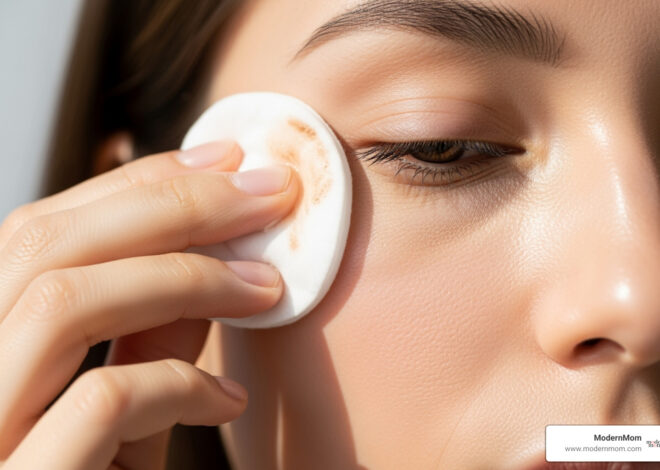Wrinkles can result from age or poor lifestyle habits such as excessive smoking, according to the Mayo Clinic. Whatever the cause, wrinkles can potentially decrease the self-esteem of affected women.
While makeup can sometimes disguise mild skin wrinkling, the only way to treat significant wrinkles might very well be found in a qualified doctor’s office with treatments such as medication, microdermabrasion or injectable wrinkle fillers, according to the Mayo Clinic. Expectant moms, breast-feeding moms and women under the age of 18 should not undergo such treatments.
Botox
Botox injections are only approved to treat wrinkles between the eyebrows, according to the Food and Drug Administration. Because of the potential risks, this governing body recommends only trying Botox in serious cases after carefully evaluating the treatment and the practitioner who will be performing it. Botox comes from the same bacterium that causes the serious food poisoning known as botulism; patients can contract that life-threatening condition from Botox injections, according to the Mayo Clinic. Thus, women ready to try this treatment should only get it from a qualified doctor. Botox treatments usually last for about three to six months.
Collagen
Collagen is the skin’s natural protein; you can have collagen injections as a potential way to smooth out those unwanted wrinkles, according to the Mayo Clinic. The effects usually last about three to six months. The collagen placed into such injections might come from a cow, a pig, your own skin or the skin of a donor who has passed away. The Mayo Clinic considers collagen injections much safer than Botox. However, keep in mind that significant pain can sometimes occur with this treatment. Also, about 3 percent of those patients who have collagen injections suffer from allergic reactions.
Hyaluronic Acid
Hyaluronic acid injections might be a good cosmetic wrinkle filler option for those women concerned about potential allergic reactions, according to the Mayo Clinic. The results of the treatment usually last about six months. Restylane, a type of hyaluronic acid, is not derived from any animal products and therefore virtually eliminates the risk of allergic reaction from the filler itself. A topical anesthetic is used to help reduce pain; patients sensitive to products such as lidocaine may want to skip this option. Also, women planning to try this treatment must avoid painkillers such as aspirin, herbal supplements and large amounts of vitamin E for at least three weeks before the injection. Failure to adhere to this guideline can create a lot of bruising or bleeding.





